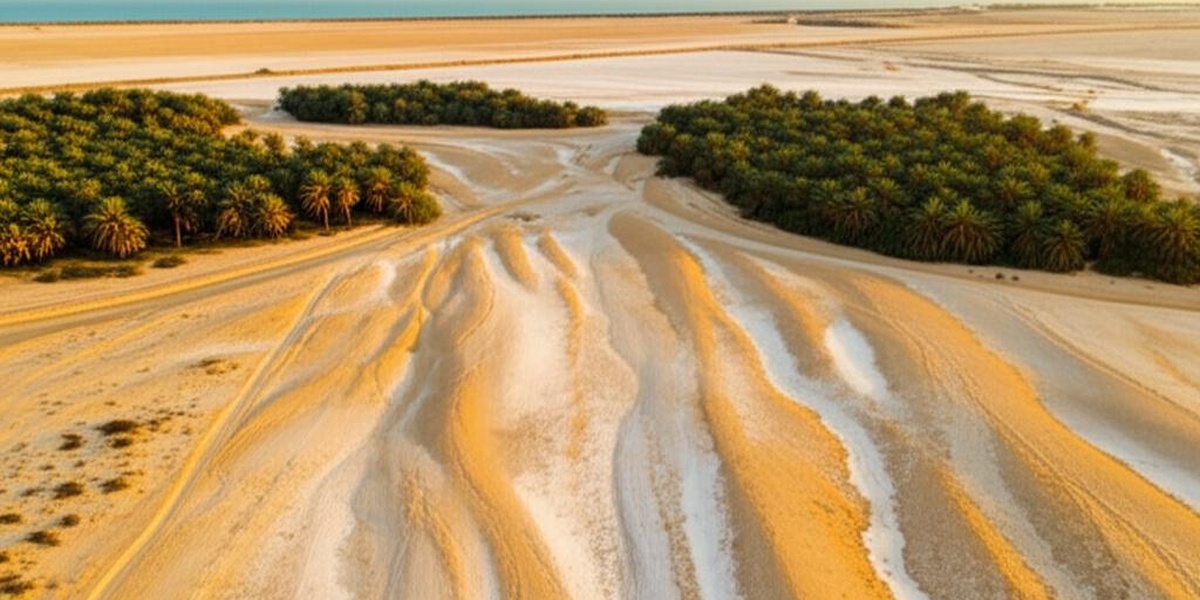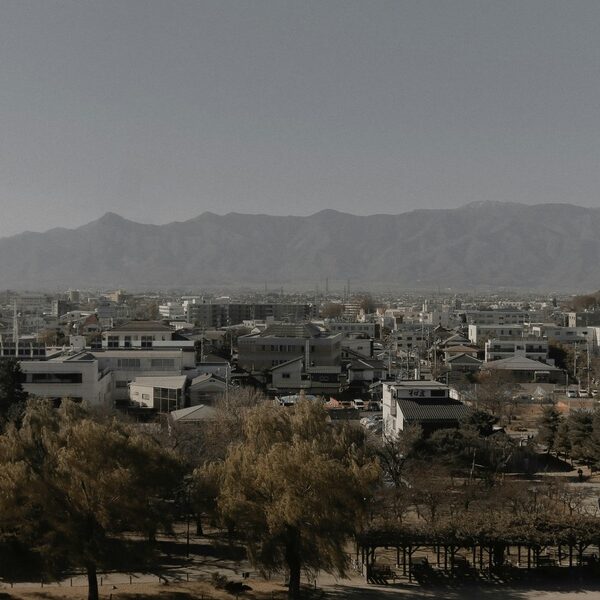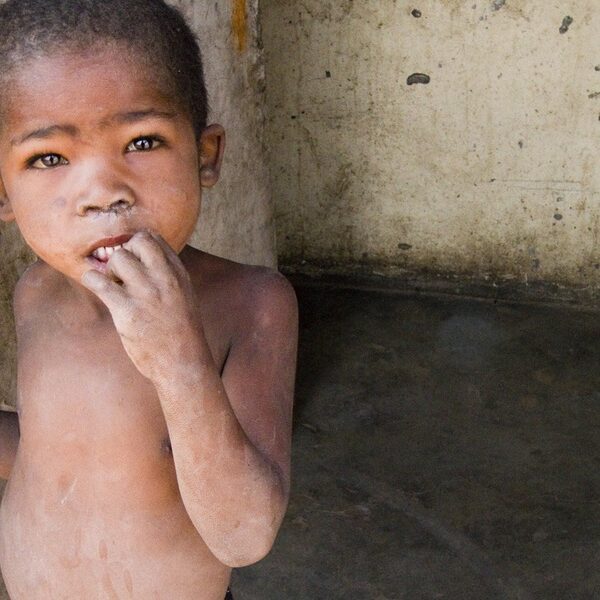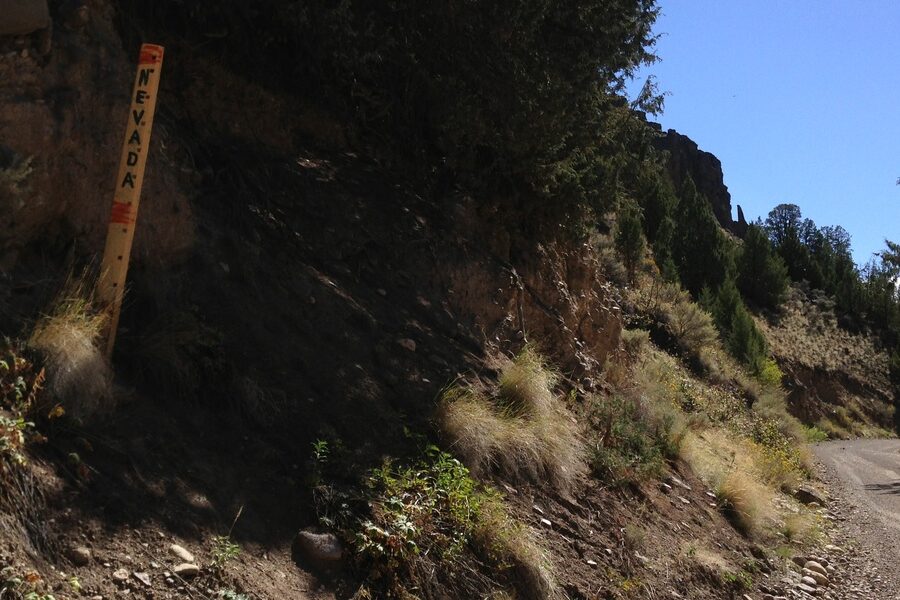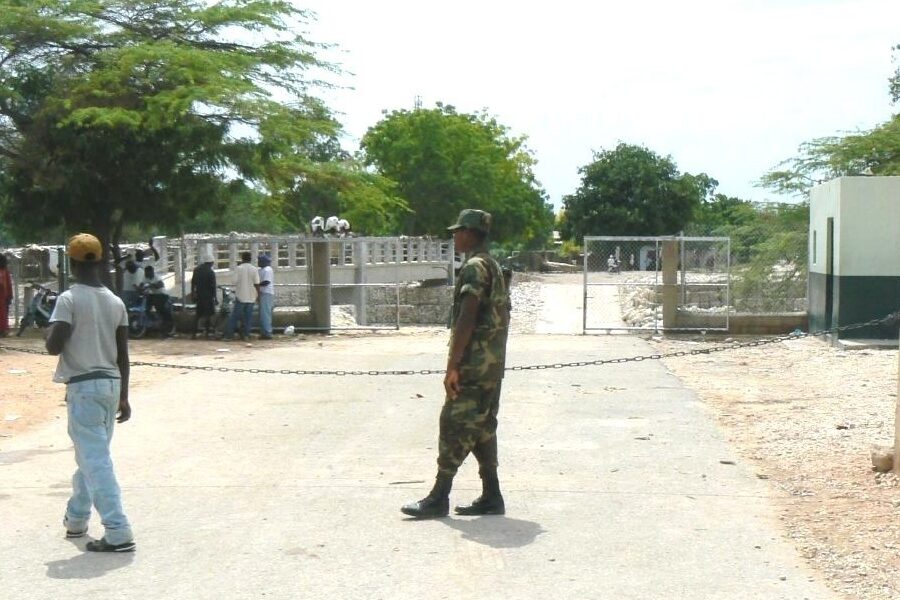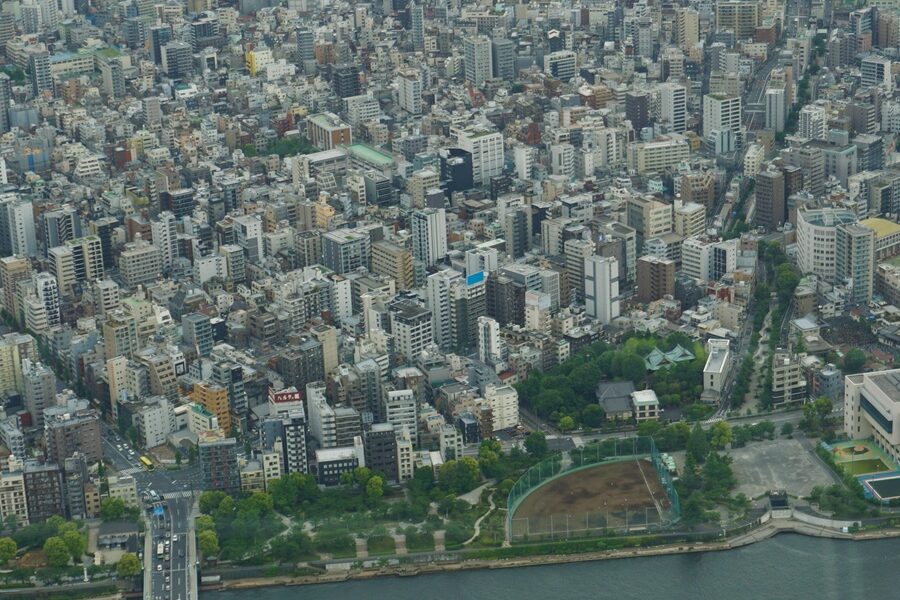Bahrain’s landscape is mostly flat and arid, so waterways here are a mix of tidal bays, seasonal channels and historic irrigation remains rather than long, meandering rivers. Coastal features like Tubli Bay and archaeological sites such as the Ancient Dilmun waterworks show how water has shaped settlement and trade over millennia.
There are 10 Rivers in Bahrain, ranging from Ancient Dilmun waterworks (archaeological) to Tubli Bay. The list below is organized with Type,Location,Length (km) & short note (≤15 words) so you can scan uses and scale quickly — you’ll find below.
Are there any natural, year-round rivers in Bahrain?
No — Bahrain lacks permanent freshwater rivers; most named “rivers” are tidal channels, seasonal wadis, reclaimed waterways or archaeological waterworks influenced by tides and groundwater, so expect intermittent flow and saline conditions in many cases.
How can I use this list for research or visiting?
Use the Type and Location columns to filter archaeological sites versus coastal or engineered features, check Length (km) for scale, and read the short note for immediate context; verify specifics with recent maps or local sources before fieldwork or travel.
Rivers in Bahrain
| Name | Type | Location | Length (km) & short note (≤15 words) |
|---|---|---|---|
| Tubli Bay | seawater inlet | Tubli, east of Manama | 10 km; shallow bay with important mangrove stands |
| Budaiya Bay | seawater inlet | Budaiya, northwest Bahrain Island | 15 km; tidal bay with mudflats and mangroves |
| Hawar tidal creeks | mangrove creek | Hawar Islands, southeast Bahrain waters | 5 km; network of small tidal creeks through mangroves |
| Sitra mangrove creeks | mangrove creek | Sitra Island, east Bahrain | 6 km; creeks and channels fringed by mangroves |
| Mina Salman (Salman Port) | seawater inlet | Manama harbour, Capital Governorate | 2 km; historic commercial port and sheltered harbor entrance |
| Khalifa bin Salman Port | seawater inlet | Hidd/Sitra industrial area | 3 km; Bahrain’s deepwater cargo port, industrial waterfront |
| Muharraq tidal channels | seawater inlet | Muharraq Island shoreline | 4 km; intertidal channels around old Muharraq city |
| Manama stormwater drains | stormwater/drainage canal | Capital Governorate (Manama) | 10 km; urban drainage network of culverts and open channels |
| Sitra stormwater channels | stormwater/drainage canal | Sitra Island | 6 km; coastal drainage discharging to Gulf |
| Ancient Dilmun waterworks (archaeological) | historical watercourse | Qal’at al-Bahrain and nearby coast | 1 km; archaeological traces of ancient coastal waterworks |
Images and Descriptions
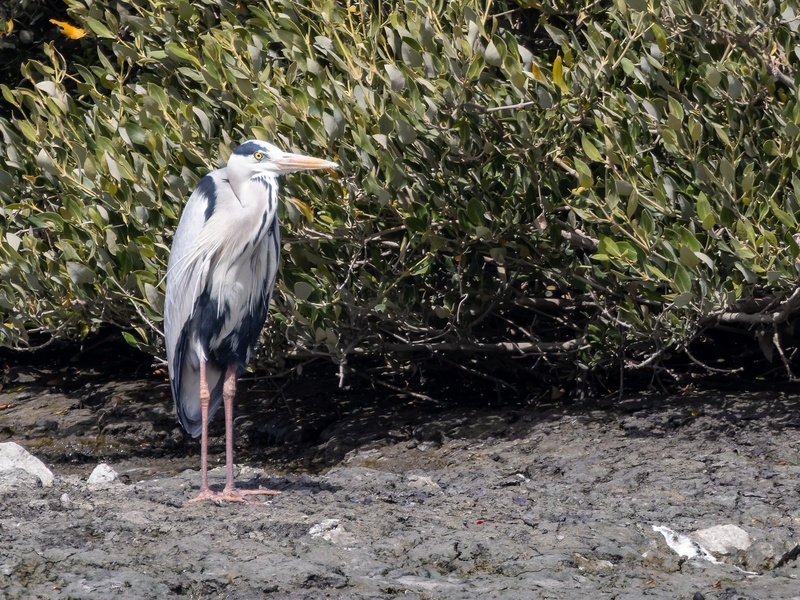
Tubli Bay
Tubli Bay is a shallow tidal bay between Bahrain Island and Sitra. It supports mangroves, seagrass beds, and many small tidal channels. It acts like a river delta by collecting runoff and tidal flows. It matters for wildlife, fisheries, and coastal drainage.
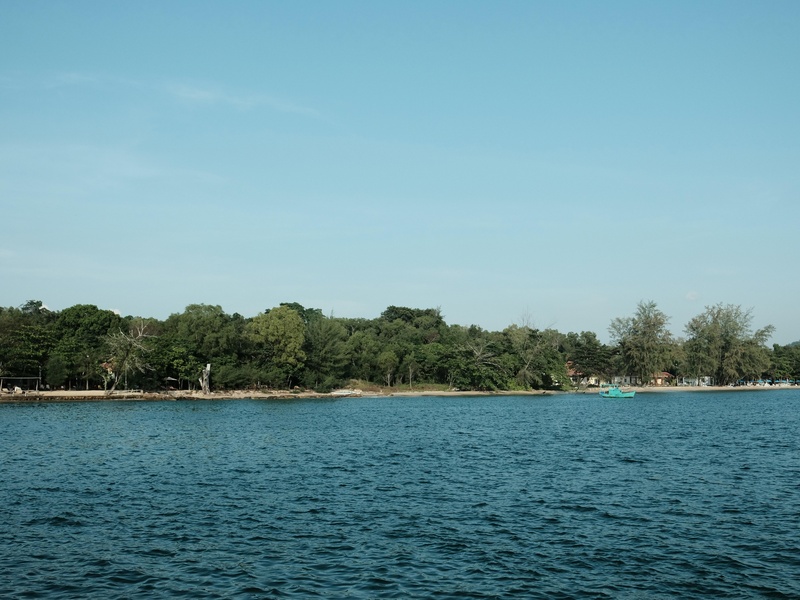
Budaiya Bay
Budaiya Bay sits on Bahrain’s northwest coast near Budaiya village. It has tidal flats and narrow inlet channels that carry seawater in and out. It collects seasonal runoff from nearby land. It serves as a natural coastal drainage area and fishing ground.
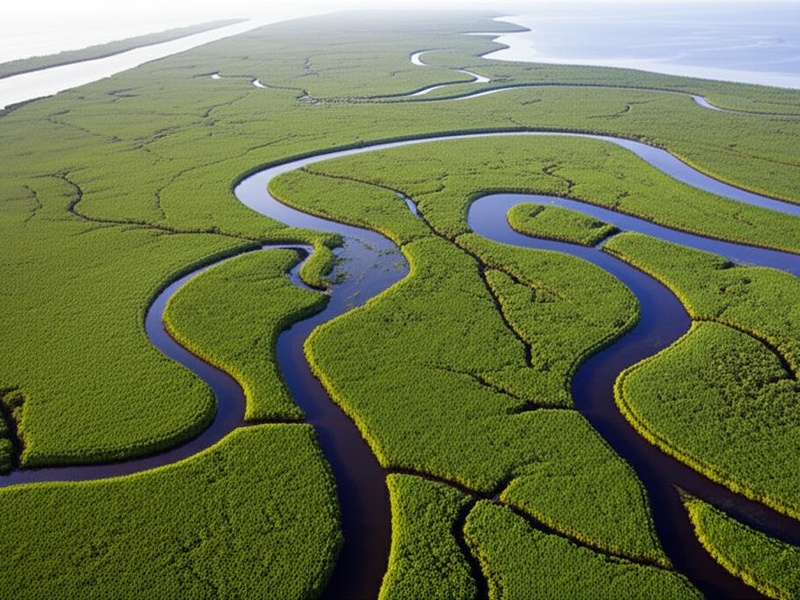
Hawar tidal creeks
Hawar tidal creeks are narrow saltwater channels among the Hawar Islands. They fill and empty with the tides and form mangrove and mudflat habitats. They act like small estuaries rather than true rivers. They are important for birds and marine life.
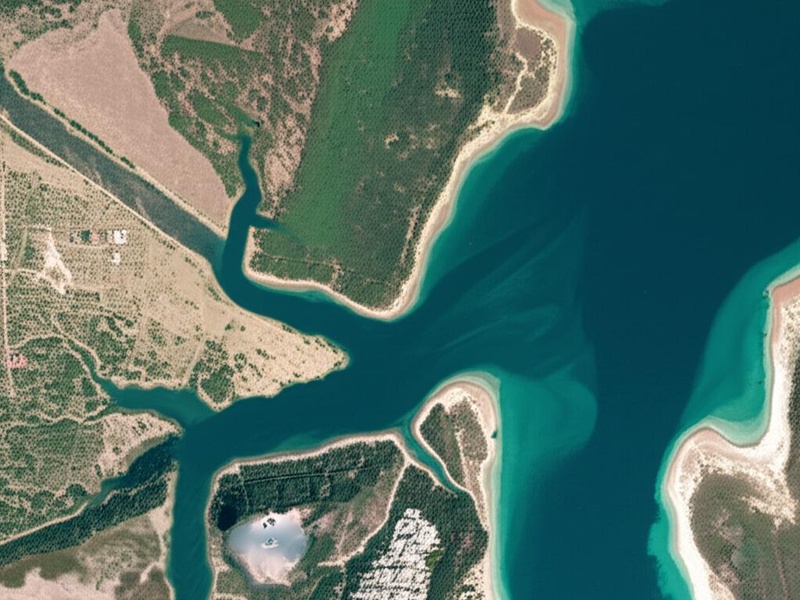
Sitra mangrove creeks
Sitra mangrove creeks are small tidal waterways cutting through mangrove stands on Sitra Island. They move tidal water and trap sediment. They behave like short estuaries and nursery areas for fish. They are included because they resemble river mouths in function.
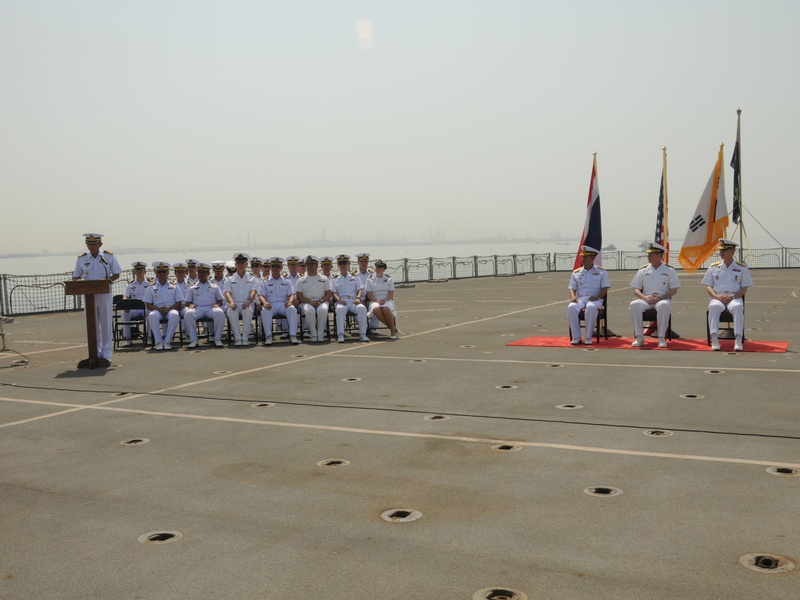
Mina Salman (Salman Port)
Mina Salman is a man-made port and inlet near Manama. It contains dredged basins, jetties, and artificial channels for ships. It channels seawater and industrial effluent rather than natural river flow. It shows how humans reshape Bahrain’s shoreline and waterways.
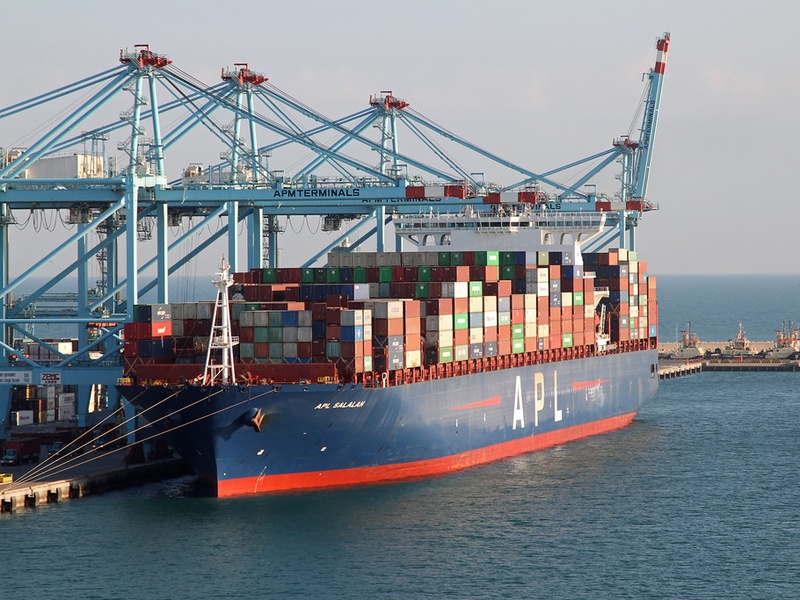
Khalifa bin Salman Port
Khalifa bin Salman Port is a major industrial and container port on Sitra. It has engineered navigation channels and berths carved into the coast. It handles large tidal flows for shipping but not natural river water. It represents large-scale man-made waterways in Bahrain.

Muharraq tidal channels
Muharraq tidal channels run between Muharraq Island and nearby islets. They fill and drain with each tide and support boat traffic and fishing. They form a network of saltwater passages and small creeks. They help drain land and connect coastal habitats.
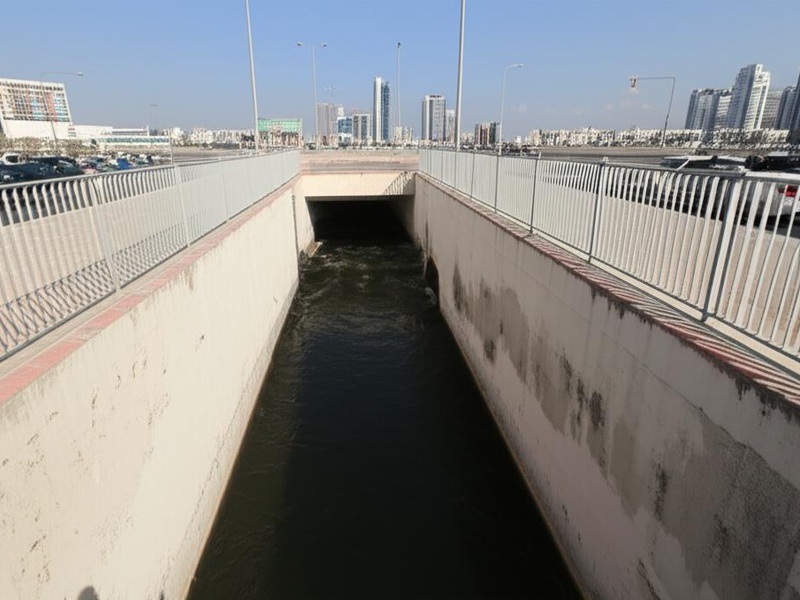
Manama stormwater drains
Manama stormwater drains are urban channels that carry rain runoff to the sea. They activate during heavy rains and prevent local flooding. They act as short, engineered waterways in place of rivers. They reveal how cities manage water on a dry island.

Sitra stormwater channels
Sitra stormwater channels are drainage canals and pipes on Sitra Island. They move stormwater from streets and fields to the coast. They function as man-made streams during rains. They illustrate local infrastructure that replaces natural rivers.
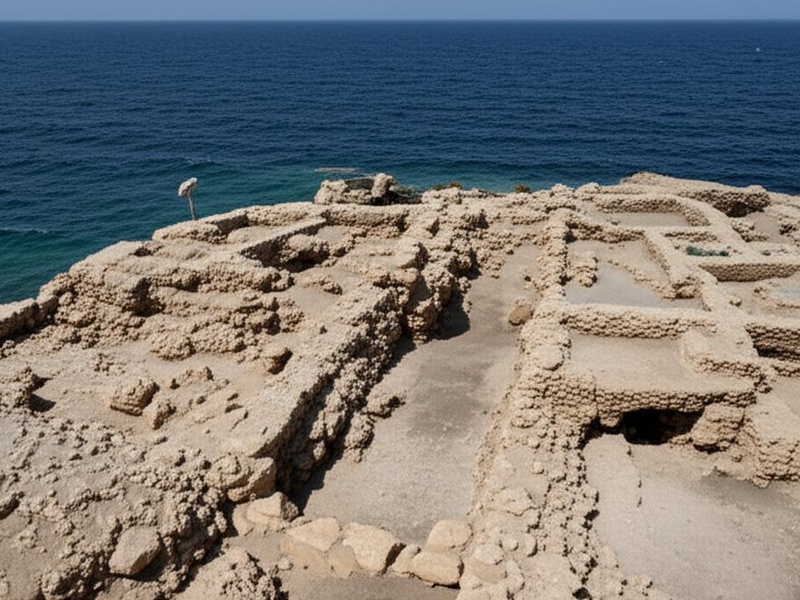
Ancient Dilmun waterworks (archaeological)
Ancient Dilmun waterworks are archaeological remains of wells, channels, and reservoirs from the Bronze Age. They show early efforts to collect and store scarce freshwater on the islands. They are included because they prove past water management in a riverless landscape. They provide historical context for Bahrain’s waterways.

